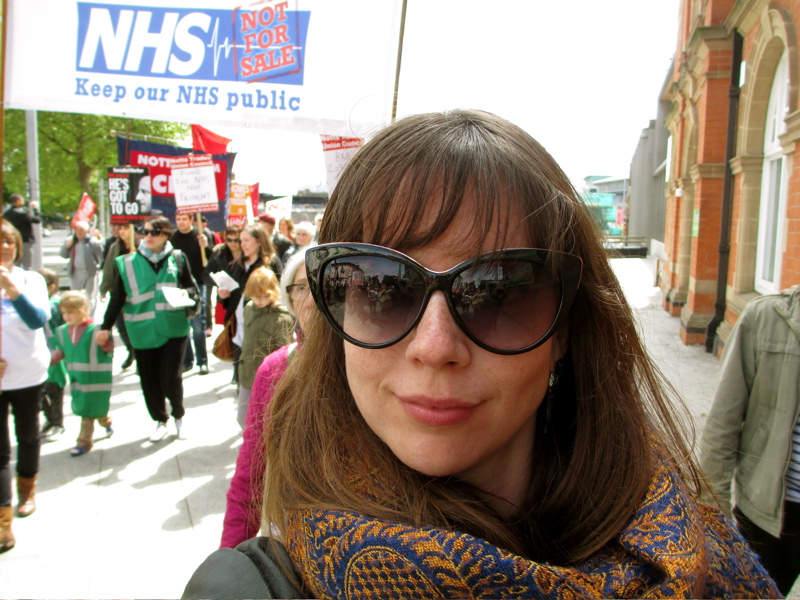If you've been dipping into this blog for
some time, you might be wondering why this has been so long coming. Ever since I went to buy my copy of Umbrella by Will Self, on my 10 year anniversary of meeting him at a signing for Dorian, it has been sitting on bookshelf with all my other Will Selfs (the 'Will Self shelf'), nestled between Haruki Murakami and Stephen Fry, quietly waiting almost two years to be read.
You see, I was waiting for the right time to read Umbrella. A quiet period, with manageable time for uninterrupted reading and few plans, and perhaps following on from a light easy read to ready my mind. Only this never came. And then a few weeks ago, Shark was released and there I was with Umbrella unread on the shelf. So I picked it up one day and took it on a work trip to the north. I opened it at 6.40am, 3 minutes into a 2 hour train journey. Unfortunately, 5 minutes after that I was fast asleep, so it wasn't actually until the return journey that I started it properly.
Numerous reviews had warned about it being difficult to read. And it certainly is a challenge. You have to pay attention. There are no chapters, few paragraphs, and the time, place and point of view are all continually shifting, unexpectedly, sometimes in the middle of a sentence. But if you focus, it isn't that hard to follow (even if you sometimes might have to jump back and read a page again to work out how you got from a modern day London bus ride to the trenches of the First World War).
The story is far from being buried by the style. On the contrary, in many respects I found the style enhanced your understanding of how the separate narratives link and intertwine, developing as layers together around the central themes. The novel's free-flowing stream-of-consciousness binds the characters and their lives together in a powerful, almost emotional way which I cannot imagine a more conventional style achieving.
The subject of the novel is a fascinating one, based upon the real life trials Dr Oliver Sacks carried out on patients with encephalitis lethargica in the 1960s, except here of course it is Dr Zachary Busner once more in the starring role. I think that if you are willing to put the effort in, this is a far more accessible novel than might be immediately apparent: an enormously rewarding and enjoyable challenge for anyone looking to engage in a different type of reading.


